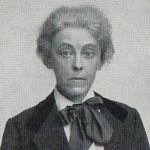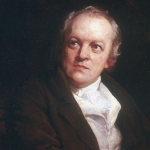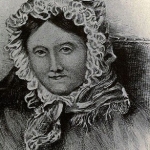I should be dumb before thee, feathered sage!
And gaze upon thy phiz with solemn awe,
But for a most audacious wish to gauge
The hoarded wisdom of thy learned craw.
Art thou, grave bird! so wondrous wise indeed?
Speak freely, without fear of jest or gibe—
What is thy moral and religious creed?
And what the metaphysics of thy tribe?
A Poet, curious in birds and brutes,
I do not question thee in idle play;
What is thy station? What are thy pursuits?
Doubtless thou hast thy pleasures—what are they?
Or is’t thy wont to muse and mouse at once,
Entice thy prey with airs of meditation,
And with the unvarying habits of a dunce,
To dine in solemn depths of contemplation?
There may be much—the world at least says so—
Behind that ponderous brow and thoughtful gaze;
Yet such a great philosopher should know,
It is by no means wise to think always.
And, Bird, despite thy meditative air,
I hold thy stock of wit but paltry pelf—
Thou show’st that same grave aspect everywhere,
And wouldst look thoughtful, stuffed, upon a shelf.
I grieve to be so plain, renowned Bird—
Thy fame’s a flam, and thou an empty fowl;
And what is more, upon a Poet’s word
I’d say as much, wert thou Minerva’s owl.
So doff th’ imposture of those heavy brows;
They do not serve to hide thy instincts base—
And if thou must be sometimes munching mouse,
Munch it, O Owl! with less profound a face.



















Comment form: